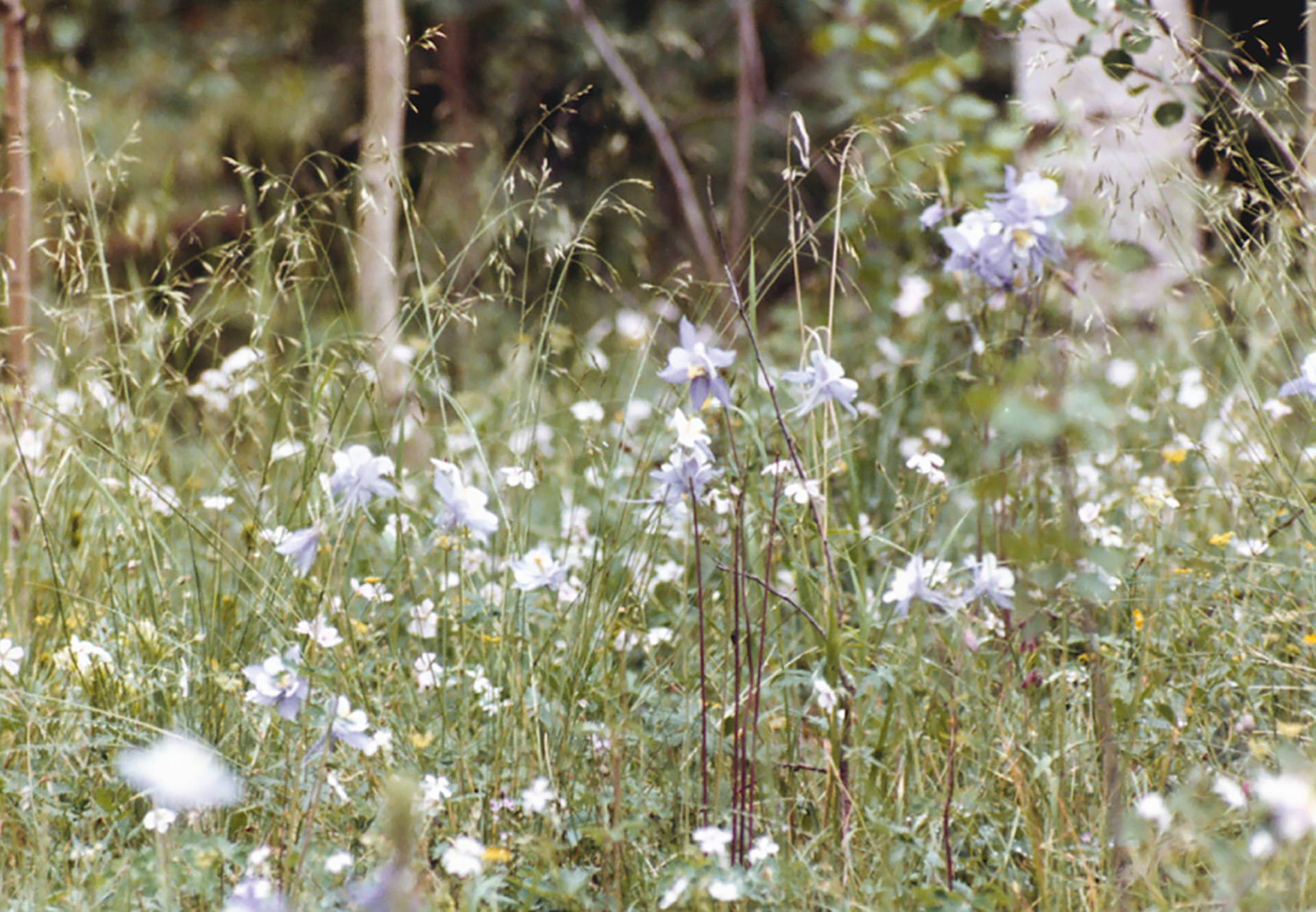
ASU remembers
Josephine Elliot Clark-Curtiss
Biodesign Institute Center - 2004-2015

November 6, 2023
|
Josephine Elliot Clark-Curtiss attended St Mary's College, then the women's college of Notre Dame, in South Bend, Indiana, and graduated in 1968 with a B.S. in Biological Sciences. After initially intending to become a medical doctor, she found her life's calling in research. Josie earned her Ph.D. at the Medical College of Georgia (now Augusta University). During her doctoral studies she was awarded a President's Fellowship from the American Society of Microbiology, spent at the Medical College of Virginia (now Virginia Commonwealth University), where she was the first to isolate high molecular weight DNA by devising the means to disrupt the cell walls of bacterial species that had previously been refractory to disruption. Josie joined the University of Alabama at Birmingham in 1973 for her postdoctoral study. Josie chose to raise a family while focusing full-time on research, rather than accept an academic appointment with teaching and administrative responsibilities that would pull her away from these efforts. In 1983 they moved to Washington University in St Louis, where Josie was on the research faculty in the Department of Microbiology and Immunology. In 2004 Josie moved to Arizona State University, where Josie not only continued her research at the Biodesign Institute's Center for Infectious Diseases and Vaccinology, but also initiated her teaching career as a full professor. In 2015, she departed ASU as an Emeritus Professor to embark on an appointment as a Professor of Medicine in the Division of Infectious Diseases and Global Medicine at University of Florida, with a joint appointment in the Department of Molecular Genetics and Microbiology, where she worked until her retirement at the end of 2022. Josie was the first person to obtain an NIH grant for genetic analysis of mycobacterial pathogens like M. leprae, and later M. avium and M. tuberculosis. She served for many years on the US-Japan Leprosy Panel, and her later career accomplishments also included serving as Chair of the Mycobacteriology Division of the American Society for Microbiology; speaking at countless universities, national, and international scientific meetings; serving on NIH grant and fellowship review panels and editorial boards of scientific journals; and becoming a member of the Albert Einstein Society of the National Academies of Sciences, Medicine, and Engineering. Josie was predeceased by her parents, William Allan Clark and Josephine Watt Clark, and her two brothers. She is survived by her husband Roy Curtiss, a sister, two brothers, her three children; her three grandsons ; her stepchildren and their children; as well as her 9 nephews and 8 nieces. Josie chose a green burial to give herself back to the microbes she devoted her life to better understand. The ceremony was held November 20, 2023. In lieu of flowers, the family asks that we honor Josie's life's work by donating to Doctors Without Borders, or contact the family for a full list of the many charities Josie supported. |